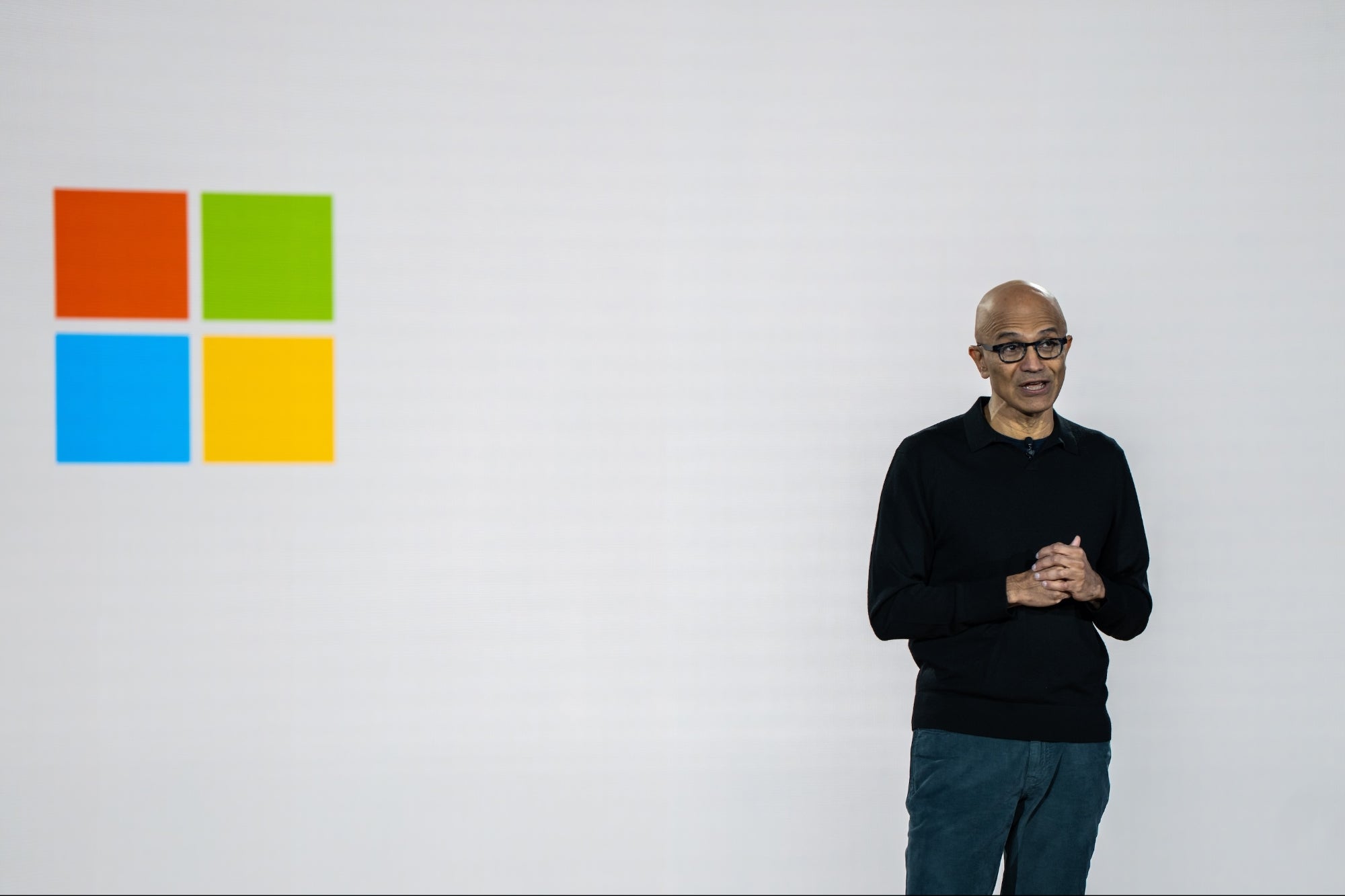Politics and Work: 7 Guardrails for Leaders Miniimize risks at work when it comes to divisive discussions at the office.
By Jonathan Segal Edited by Dan Bova
Opinions expressed by BIZ Experiences contributors are their own.

For years, we have witnessed a stark partisan divide. Some families have rules -- no politics at dinner.
For employers, it is neither practical nor desirable to prohibit all conversations in the workplace. Indeed, to do so is legally dangerous.
Political conversations that relate to terms and conditions of employment may be protected. One can easily see how many political issues have workplace implications, like the gender pay gap, LGBT rights, religious liberty, Obamacare, paid leave, unions, immigration, etc. I think you get the point.
Still, the political divide can create workplace divides that are unhealthy. So here are some guardrails for leaders to minimize the risk that the inevitable will turn into the incendiary:
1. Remember your role as a leader.
If you are a leader, you don't forfeit your rights to have political views. But be thoughtful about how you express them. You don't want to suggest those who disagree with you are idiots. Yes, politics is a diversity issue, and we cannot exclude from the talent pool those with divergent political views.
Related: 7 Ways to Go From a Boss to a Leader
2. Know your audience.
Some people take differing political views very personally. Unfortunately, in my view, many in both political parties demonize the opposition -- so they serve as bad role models for the rest of us.
Make sure, before you talk politics, that there is a good working relationship. I enjoy good political discourse and that includes respectful disagreement -- but only with those with whom I have a strong underlying relationship.
Related: 9 Ways to Meet and Understand Your Audience
3. Focus on the positive.
Yes, you read it right. Safer to talk about whom you support than to talk about whom you loathe.Stated otherwise, it is one thing to say support A. It is another to bash B.
4.Think public versus private.
With a close colleague, a one-on-one dialogue (not diatribe) may be fine. I would stay away from the hard-core political in group meetings or leadership communications.
Related: Valuation of Private vs. Public Firms
5. Listen.
I don't mean to sound condescending (that means talk down), but listen to those with different views. You may learn a lot about them in a way that helps you work better with them.
At the risk of delving into political waters, someone who is a strong libertarian may not like "big employer" any more than they like "big brother." That does not mean you should abdicate your management rights. But it may inform how you exercise your influence with the employee.
6. Careful of discriminatory language.
The candidates differ in terms of their age, ethnicity, gender, race and religion (in alpha order), among other factors. Comments that focus on what are "protected factors" under the employment laws are deeply problematic.
"Too old." "Too religious." You got the point. Don't go there.
7. Respond proactively if you become aware of potential problems.
I confess that I enjoy watching debates. And, I can appreciate knockout punches regardless of whether I like the person throwing one.
In a workplace, there is no room for knockout punches. If you see temperatures are rising, intervene. Consider: "While we may have very different political views, we have at least one thing in common -- we want X. [X is your mission, a specific project, etc.] So let's focus on that."
If comments reasonably could be seen as biased, you all but must respond. When you are a leader, there is no such thing as a passive bystander when bias is concerned. So, if inherent in the criticisms of a candidate is the person's age, ethnicity, etc., make clear it's not okay. It's not.
Enough. Everyone back to work.
This blog is not legal advice, should not be construed as applying to specific factual situations or as establishing an attorney-client relationship.











